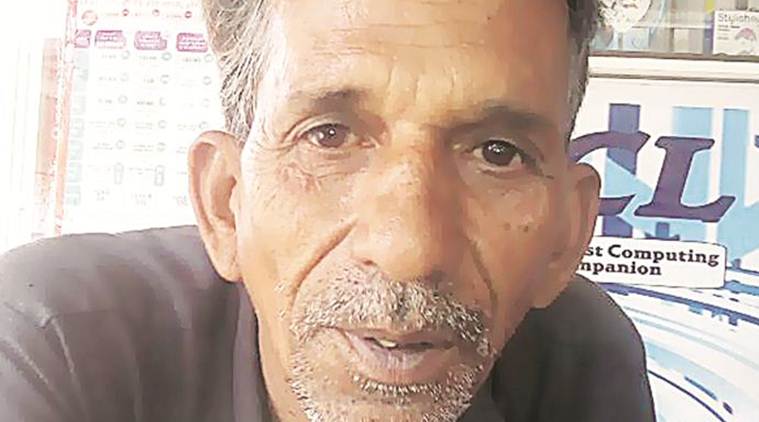It is every man’s moral responsibility to save his family from all ills. And when it comes to a woman’s dignity, especially his wife and daughter, a man anywhere on the planet, would go to any extent to protect it. Well, that’s what Zafar Khan was doing.
Khan was allegedly lynched by the government officials on Friday morning for preventing them from clicking pictures of his wife and daughter who were defecating in open. The incident took place in Rajasthan’s Pratapgarh. The civic officials allegedly kicked, punched and beat Khan with a stick to death, as per the complaint lodged by his brother, Noor Mohammed.
Significantly, the officials were accompanied by Municipal Council Commissioner Ashok Jain, who reportedly ordered to photograph the defecating women.
Khan was doing what any man would have done in those circumstances – saving the honor of his wife and daughter. But little did he know that their dignity would come at the cost of his life.
The last two days have been nothing less than a nightmare for his family. His wife and 14-year-old daughter have been grieving in a state of shock. But, is Khan’s lynching a result of sudden outrage or is there more to the story than what meets the eye?
Khan was a CPI (ML) member and an active social activist. He has raised his voice against the authority several times. In fact, recently, he had filed a complaint about non-availability of resources under the Swachh Bharat Abhiyan for building toilets in the slum areas. He had also demanded repairing of the non-functional public latrine. Khan had also submitted a memorandum to the Nagar Parishad a few days back.
Besides, the public shaming and bullying of women defecating in the open are also not new and Khan was aware of that. He was protesting against the same since a long time.
A statement by the CPI (ML)’s Pratapgarh district committee reads, “All over the country, sanitation workers are fighting for their dignity and rights against oppressive and inhuman working conditions. It is highly unfortunate that the Rajasthan Government, which denies sanitation workers their due rights, used them as fodder in the public shaming and lynching campaign on the pretext of Swacch Bharat.”
According to the most recent Swachhta Status Report in 2015, over half of the rural population (52.1%) of the country still defecates in open. Alarmingly, no country in the world has more open defecation than India. Every year, 200,000 children die from infections and diseases triggered by such practices. While the number has been reducing, about 300 million women and girls in India still have no other choice.
Thus, they frequently experience intimidation. Apart from bullying and hurting the honor of the women, open defecation is also among the key reason behind rapes and increasing crime against women. How can we forget the brutal incident of 2014 when two girls were raped and hanged from a tree in Katra Sahadat Ganj village in Badaun, Uttar Pradesh, when they had gone out to attend nature’s call? They had been gang-raped and lynched. And there are hundreds of such incidents and counting that go unreported.
In the aftermath of Zafar’s lynching, the CPI (ML) has appealed to all the forces struggling against mob lynching, for women’s rights and dignity, and for sanitation workers’ rights, to unite in the struggle for justice for Zafar. This should serve as a wake-up call to all the concerned authorities to work cohesively towards making India open defecation free to prevent the loss of any further lives.


















